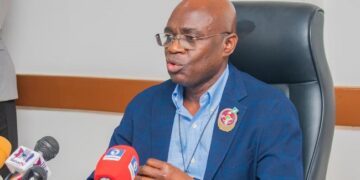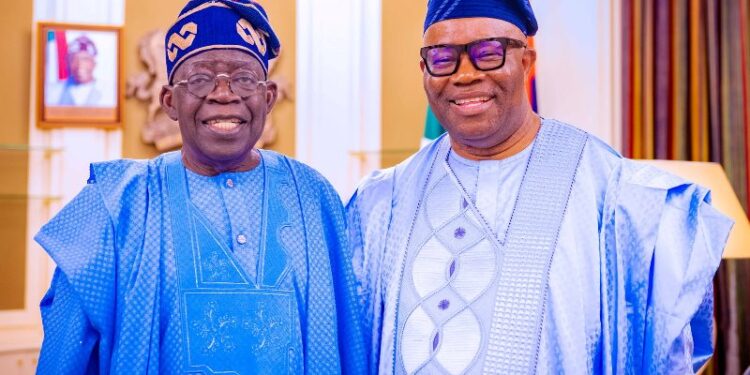The National Assembly Transmits the Controversial Tax Reform Bills to Tinubu for Assent .
The National Assembly has transmitted a set of the critical tax reform bills to President Bola Tinubu for assent.
The Chairman of the Senate Committee on Media and Public Affairs, Senator Yemi Adaramodu, confirmed the development during a press briefing on Tuesday at the National Assembly Complex in Abuja.
The tax reform bills had been a subject of controversies particularly in northern Nigeria where some governors and stakeholders had believed the reforms would undermine the region.
The legislative package includes four bills: Joint Revenue Board (Establishment) Bill; Nigeria Revenue Service (Establishment) Bill; Nigeria Tax Administration Bill; Nigeria Tax Bill.
“These bills have now been transmitted. It is out of our hands and on its way to the executive,” Adaramodu stated, adding that the legislative process had involved rigorous legal and procedural scrutiny to ensure compliance with existing Nigerian laws.
Originally submitted by President Tinubu in November 2024, the tax reform proposals are central to his administration’s efforts to modernise tax collection, expand the tax base, and streamline fiscal coordination among federal, state, and local governments.
The harmonised versions of the bills were adopted by both the Senate and the House of Representatives on May 25, 2025.
“Tax bills like these require careful scrutiny. Legal departments in both chambers must ensure alignment with existing statutes before final transmission to the presidency,” Adaramodu explained.
“After harmonisation, the clerk of the National Assembly prepares the final document for signing by the Senate President and Speaker.”
The reform process involved joint committee deliberations, expert reviews by legal teams, and consultations with key stakeholders.
The final draft was signed off by Senate President Godswill Akpabio and House Speaker Tajudeen Abbas.
Senate President Akpabio last week praised the National Assembly for what he described as “strategic leadership, national interest, and inclusive legislative engagement” that facilitated the timely passage of the bills.
“These landmark tax bills will add immense value to governance and transform how taxes are collected, administered, and shared across Nigeria,” Akpabio had claimed.









































